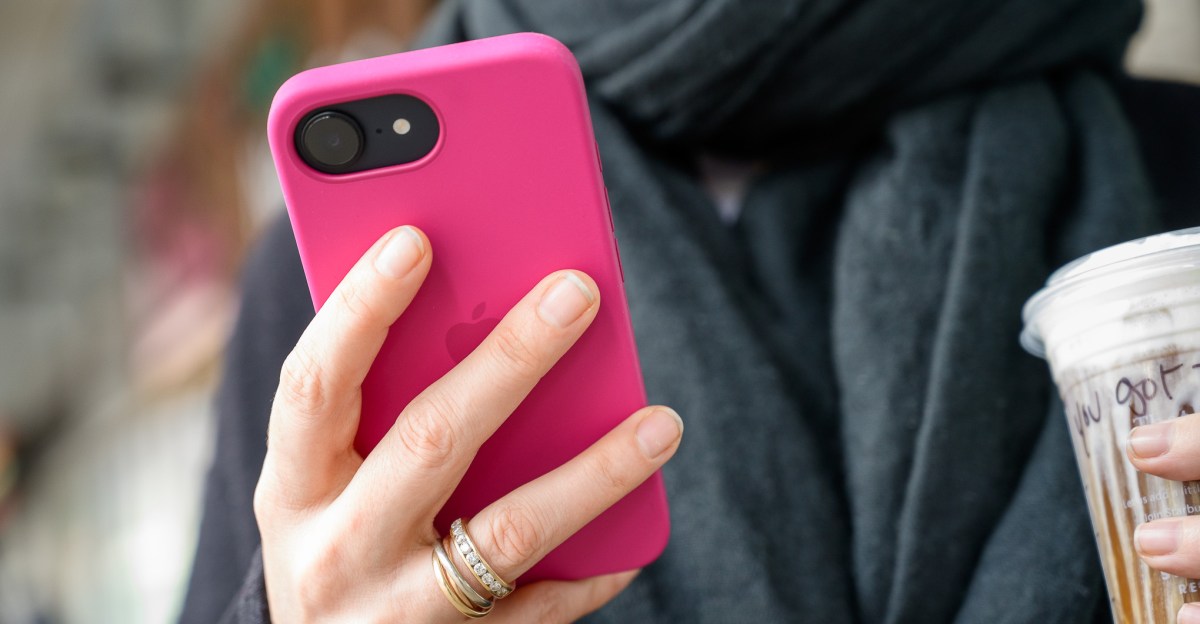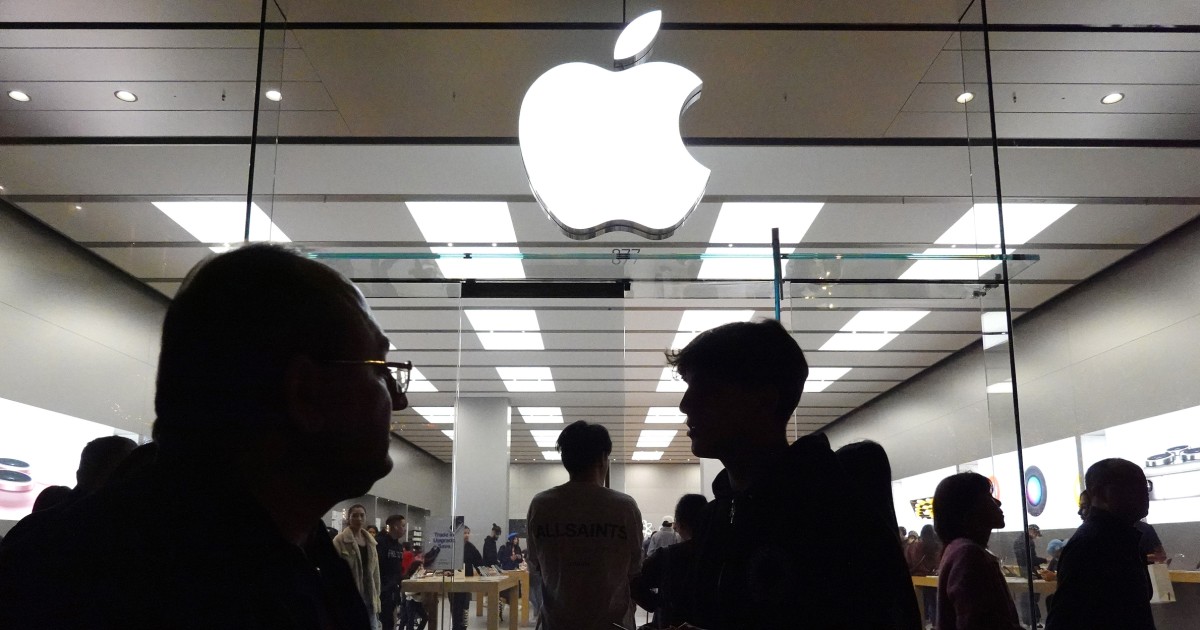Does the Apple fall far from the tree?

Recently, news dropped that Apple is delaying the release of its more advanced Siri features.

After announcing last June that the more robust capabilities would arrive in the "coming year," Apple is getting out in front of that deadline to let everyone know that it won't have the new Siri ready. Last fall, when the iPhone 16 line dropped, I wrote the following:
[Apple is] running an ad campaign featuring Bella Ramsey (who the Arachne newsletter is a huge fan of, fwiw) using all sorts of advanced AI features to get themself out of all sorts of social pitfalls. The ads are great, but the features shown in the ads won't be available, in some cases, into 2025. If you walk into an Apple Store today (which I did) you will see all sorts of posters and copy thrilling the audience with the [promise of exciting new software. But pick up one of the phones on those tables and you won't get a single Apple Intelligence feature.
Well! This week Apple pulled those ads!
Before I get to why any of this matters (or doesn't), I just want to point out how odd this is, and how multiple recent flubs may begin to sow doubt in Apple's standing.
First, there's something going on with Apple's advertising.

Last year, the company was widely criticized for an iPad Pro ad. In the ad, a panoply of artistic tools and materials sit on a massive industrial press. As the hydraulic press comes unforgivingly down upon the paint, the instruments, and cameras, things explode, crumble, and ooze, until the two hulking portions of the machine come together. Then, out of the dust and mess, the press rises back up to reveal...a brand new iPad Pro! Hurray!
The criticism came from artists and hobby creators who took exception to a possible interpretation of the advertisement, that this one device from this one company can destructively replace all of the bits and bobs of a creative life, flattening everything into a shiny glass tablet.
Of course, this was the thesis of the advertisement. "The new, thinner iPad Pro is a creativity powerhouse!" But amidst concerns about AI replacing artists and the perennial aggravation of creative workers everywhere, this ad came across as extremely insensitive.
Insensitivity and hyping up features that aren't available is extremely non-Apple. Since it's iconic "1984" ad, Apple has attempted to position itself as non-conformist and human centered. "Think different" became a marketing slogan and an internal motivating rallying cry.
But as Apple has become one of the world's most valuable companies, it has become harder and harder for it to retain its anti-establishment bonafides. These advertising missteps exemplify this to me.
Second, Apple hardly ever announces something before it is ready. Taking a more careful, observant industry position, Apple has a history of waiting out dramatic hardware or software changes sometimes even years before it makes its own entry into a given space. This was most true in VR, but is an argument that can be made about the iPhone, the Watch, and services like Apple Music or Apple TV+.
But AI was different. With so many other competitors (including new ones) marching out a rapid pace of AI tools, Apple felt pressure to talk up their efforts in the space at last year's WWDC, a conference for app developers. Even waiting until June 2024 seemed too long after OpenAI dropped ChatGPT in December 2022.
What's odd here is that Apple felt pressure at all, whether from investors, the industry, or internal players. Perhaps it wasn't so obvious then, but it seems obvious now that the AI features available at the mobile operating system level are still in early days and have not reached ubiquity. While it would have meant a lot of short term explaining and might have signaled a crisis of leadership in a key election year, Apple very easily could have waited until this year's WWDC to demo some of these features. While Apple's YTD stock is down, their price is up around 17% from this time last year. For a company that does not make rash decisions and hardly ever panics, it really feels like they made a crucial mistake of overpromising.
Why does any of this matter? So what if Siri+ (or whatever they call it) is delayed a few months?
While, yes, I am joining the chorus of people voicing concern about the current situation and the direction Apple is headed, I do not think that these things will ultimately matter all that much. Apple's relationship with the Trump administration, its entrenchment with powers overseas, its monopolistic hold on developers, its walled software garden, and its positive optics with the broader population will insulate it.
Yes, the announcement of the delay has contributed to around a 9% drop in Apple's stock price. But I am here to remind you that Apple is extraordinarily powerful, so powerful that its demise could really only come about from other similarly powerful adversarial entities. I'm talking government powerful.
Relations with the Trump administration
Tim Cook, despite visually finding Donald Trump abhorrent and distasteful, has mostly played his cards right in sidling up to the king. Despite already making such commitments, Apple's $500 billion plan to support manufacturing across the US was allowed to be hawked by Trump as a victory for the administration. So far, it seems Apple is on Trump's good side.
Entrenchment overseas
Apple has leverage in China and in India. Sitting at around 21% in China, Apple is the only non-Chinese company even in the top 7 for smartphone market share. Apple also recently broke into the top 5 in India. But this is just on the consumer side. According to public reports, of the nearly 200 Apple manufacturing suppliers, around 150 of them have primary facilities in China. The same reports show a slight uptick in Apple's Indian manufacturing presence as well.
Monopolistic hold on developers
There are basically two games in town for mobile app developers, Apple and Google. Via proprietary protocols and restrictive purchasing policies, Apple's hold on the mobile development space is extremely secure. Apple could not sell a single device the rest of this year and just coast on the money it makes from the App Store.
Walled garden
Reports of Apple's demise often overlook the basic fact that close to 60% of American smartphone owners have iPhones. Those people don't all suddenly choose a new phone, let alone an Android. Apple's software ecosystem is extremely powerful, and makes the idea of switching to a new platform something of a non-starter for many people. And this is all without significant Apple Intelligence features.
Positive optics
Despite the uproar about some of the advertising and amongst investors, Apple still holds a generally favorable view among the US population. Apple still ranks highest in customer satisfaction for its computers, and is regularly toward the top of the list of most admired employers. Apple was also one of a handful of companies to reject bad faith challenges to their existing DEI programs. While the r/degoogle subreddit, a place for people to share tips on how to scrub Google products from their lives, has 258k community members, r/deapple only has 2.5k.
So I am wary of the reports of Apple's demise. While, yes, the Siri delay is a profound embarrassment to an otherwise sure footed company and brand, I don't believe it foretells the downfall of this company, or even a crisis of leadership at the top. We'll see what happens at this year's WWDC and with this year's iPhone, but I don't think Apple is going anywhere.







